After buying a piece of raw land, you may be able to log it if it has marketable trees. Logging brings financial and environmental benefits, but only if it's done properly. Managing forested land not only opens up an area for your home but also opens areas for wildlife. Before you hire a company like Miller Farms to log your property, you should take several steps, including learning about sustainable logging.
What is Sustainable Logging?
In a nutshell, sustainable logging balances the economic benefits of harvesting timber and protecting the ecological diversity on your property. Additionally, proper management can reduce soil erosion, promote forest regeneration, maintain water quality and create a healthy ecosystem for future generations.
Some of the economic benefits of logging include a renewable source of income for landowners and the well-being of your land.
Assessing Your Property
Before a logger starts logging, you must assess your property. At Miller Farms, we walk your property with you to identify the species and age of the trees on your property. We also determine the quality and size of the timber, as this affects market value.
We also ensure that our logging activities won't cause soil damage or excessive erosion. This also allows us to ensure the terrain is safe enough for logging operations. In most cases, areas we log are full of thick underbrush, and the trees are crowded, which means that they don't get the nutrients they need. They also grow tall as they fight other trees for the sun.
Crowded forest areas are ripe for wildfires, and they don't make a good habitat for wildlife. In most cases, we don't need permits or approvals from the state to log private property. Finally, you'll let us know the areas you need clear-cut, if any, and which trees you want to keep where you need select-cut work.
Hiring a Logging Contractor
Selecting a reputable and experienced logging contractor is crucial to the success of your logging project. Ways you can find a trustworthy and experienced logger include:
- Review a logger's website.
- Ask for recommendations.
- Check references from previous clients.
- Review details of the logging project, including scope of work, timeline, and payment terms.
- Ask the logger about his insurance coverage.
- If you live in an area that requires permits and licenses, make sure the logger has those items.
Environmental Considerations
Not all loggers take environmental considerations seriously. At Miller Farms, we walk the property to see where we shouldn't bring heavy equipment, such as areas that will destroy streams. Depending on the type of water body, we may drive across it at one point or may avoid it altogether.
We also help protect wildlife habitat by suggesting select cutting in areas far enough away from a homesite. In most cases, we can remove the older trees to leave room for the younger trees to grow. We keep our equipment on the main logging trails we create so we don't pack down all soil or wipe out all saplings and smaller trees.
Safety Precautions
Because logging is a dangerous job, we minimize the risk of injury by ensuring our loggers wear boots, long pants, and head and eye protection. While we train our loggers on the job when necessary, an experienced logger is always with new loggers until they gain experience, including in proper felling techniques, load securement and hazard assessment.
We keep our equipment maintained and inspect it every day to minimize accidents and breakdowns. However, logging is rough on equipment, so we can't prevent all breakdowns. All of our loggers carry cell phones, so they are always in contact with someone in the event of an emergency.
Boundaries
We require you to know where your land boundaries are. If possible, we prefer that you provide us with a copy of the survey to make it easier for us to find the markers. If you are just purchasing land and plan on logging it, we recommend that you ask the surveyors to mark the boundary every 100 feet plus or minus with brightly colored ribbon to ensure we stay on your property.
Contact Miller Farms
While logging is a significant undertaking that requires planning, it can provide environmental and economic benefits for you and the community. We are local to Overton County, Tennessee and rarely log out of the area.
Contact Miller Farms to discuss your property and schedule an appointment to assess your timber.






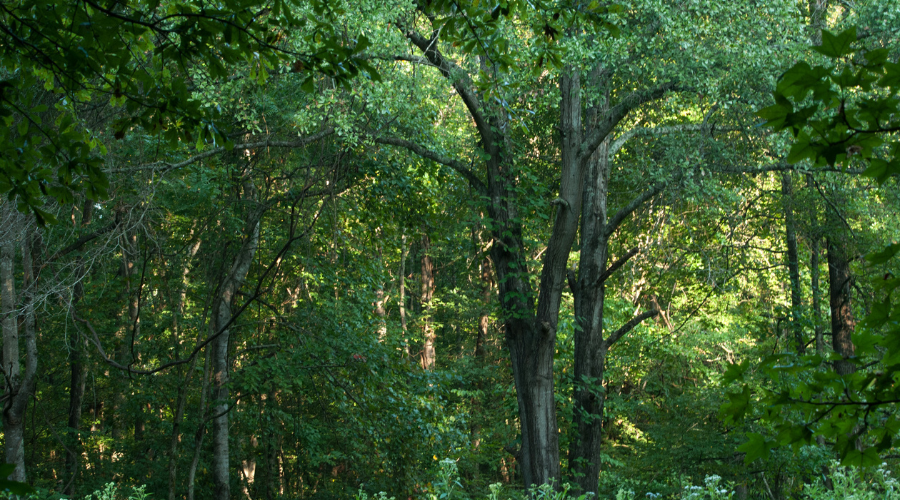
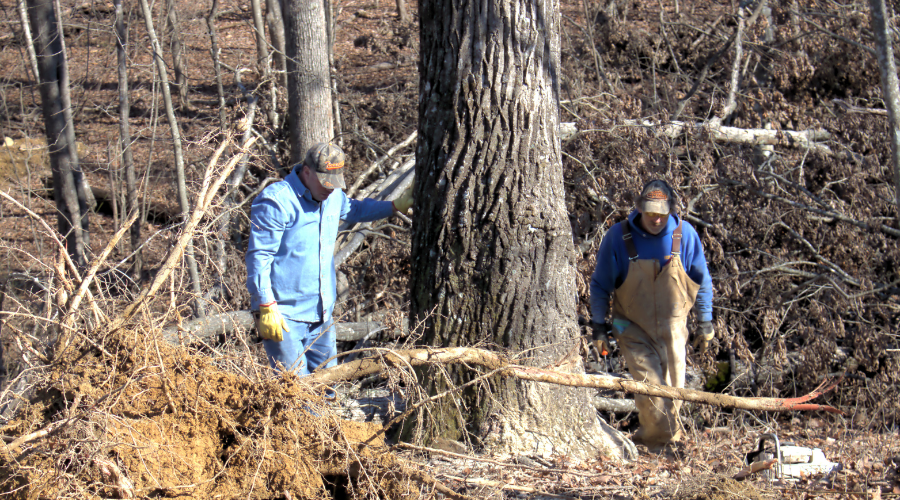

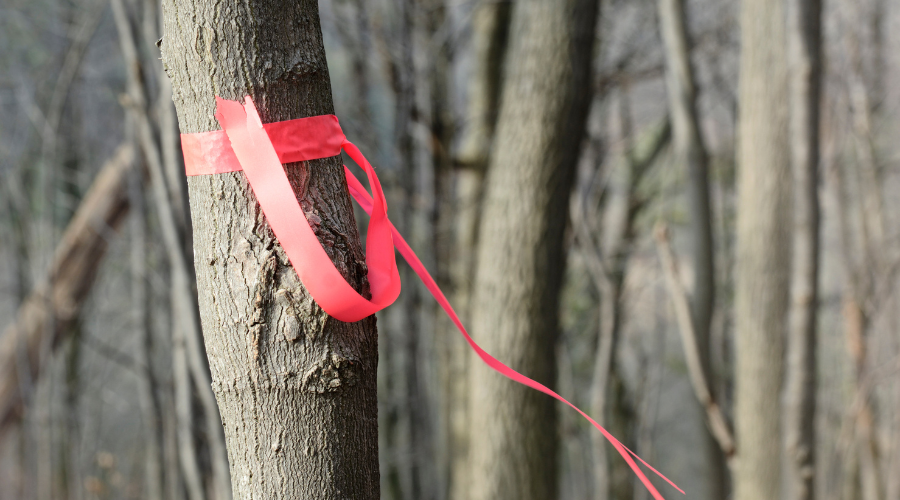
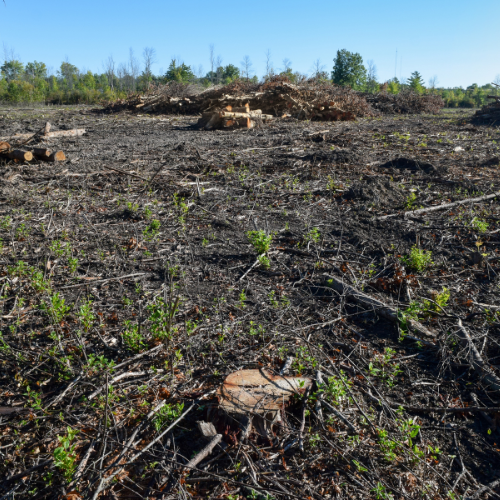
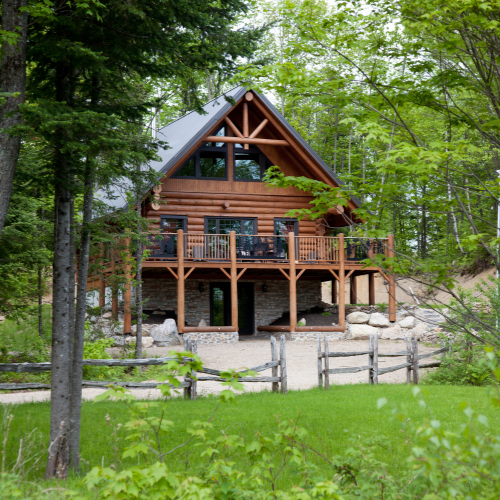

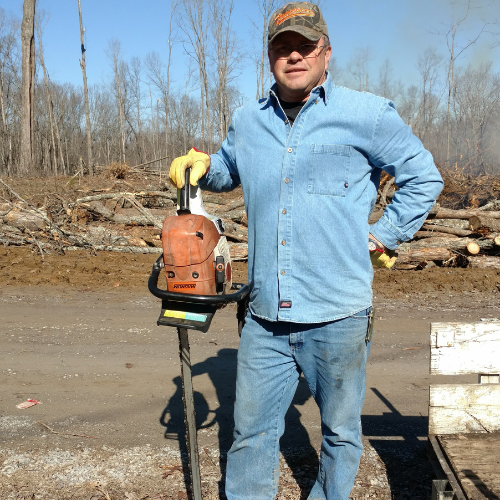
Comments